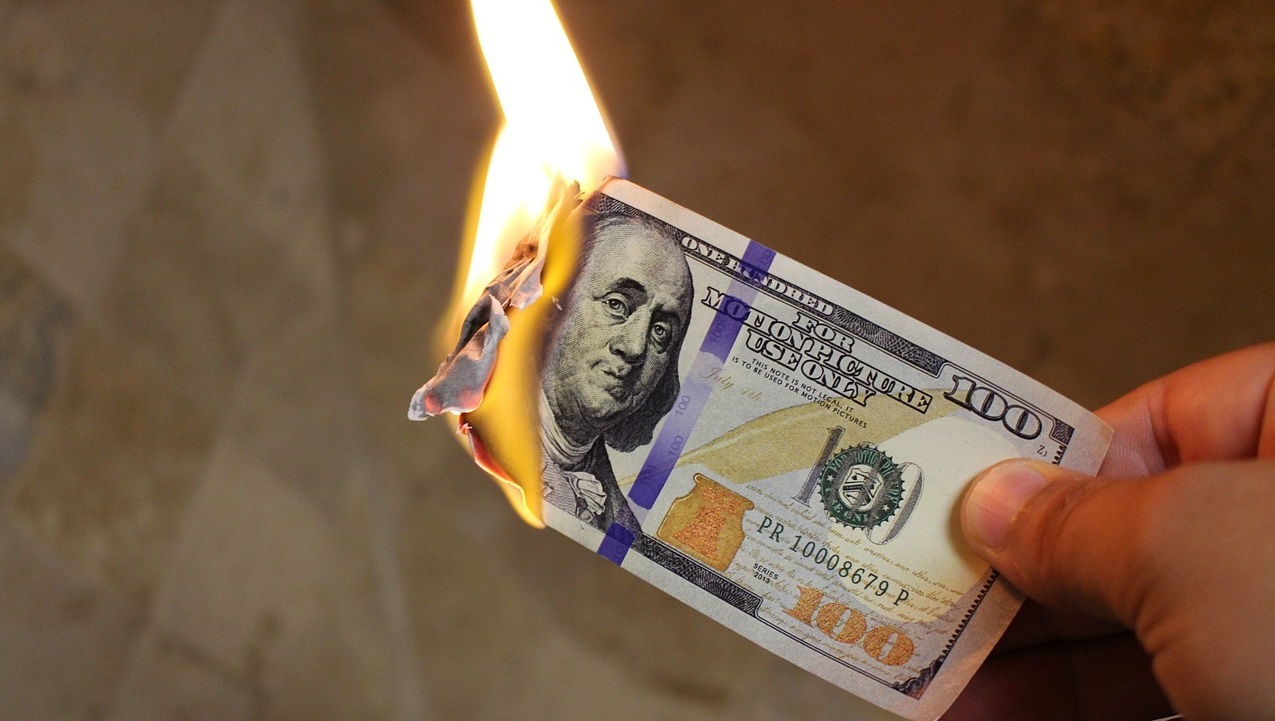The currency presently holds a prominent position in the global financial realm. This implies that the dollar currently encounters minimal competition from other currencies. Nevertheless, it should be noted that the dollar’s invincibility is not an absolute certainty.
Economies worldwide express weariness towards the perceived imposition of the United States military and financial influence on the global stage. Efforts are currently being made to challenge the dominance of the dollar. The underlying drive behind establishing the BRICS bank and the Asian Infrastructure Investment Bank (AIIB) is not explicitly mentioned but holds significant significance. Efforts are being made by global organizations such as the IMF to transition away from a prevailing system where the dollar holds exclusive status as the reserve currency. The creation of the Special Drawing Rights (SDR) by the IMF has given rise to speculation among critics regarding its potential impact on the dollar’s dominance.
This article delves into the concept of dollar hegemony and explores the potential global ramifications of its disruption.
Power in Finance and the Economy Derived from the Dominance of the Dollar
The concept of an exorbitant privilege is often associated with the United States due to the global reserve currency status of the dollar. Various governments commonly utilize a reserve currency to trade essential commodities like oil and gold. Governments cannot purchase gold using the Iraqi Dinar or the Indian Rupee.
The possibility of the selling government accepting local currency as a form of transaction is low. The concept of an exorbitant privilege lies in the fact that while other nations engage in labor and trade to acquire dollars, the United States can generate them effortlessly through printing.
When France aims to increase its oil imports, it must devise a strategy to achieve a proportionate increase in dollar earnings. The United States, conversely, can generate dollars through printing and acquire desired assets accordingly.
It is, therefore, unsurprising that a particular country holds dominion over global military capabilities. The outcome of wars can be influenced by financial resources, and the United States has a significant and abundant supply. The Red Army of the Soviet Union, despite its numerical advantage, was unable to effectively counter the United States’ strategic approach of supporting uprisings in Afghanistan and neighboring rebel nations. This ultimately led to the United States emerging victorious in the conflict.
The Depreciation of the Pound Sterling
The ascendency of the dollar as a global currency has not been a perpetual phenomenon. Before the onset of World War II, this responsibility was held by the British. During that period, the currency known as Pound Sterling, which belonged to the British Empire, was the de facto reserve currency. The displacement of the American Dollar occurred after the implementation of the Bretton Woods agreement.
America successfully dislodged the commanding position held by the British during the Suez Crisis. There exists a narrative of considerable length. However, it can be summarised that Americans severed funding for debt from the British government. This would have compelled them to adhere to elevated interest rates in the event of non-compliance with American preferences.
The grant was discontinued due to a strategic move involving the potential release of significant British debt into the market. Funding from American and global entities, such as the IMF, was also obstructed.
Could There Be a Fall in the Value of the Dollar?
The dollar exhibits a comparable vulnerability to a potential decline, akin to the previous experience of the pound sterling. Nevertheless, the dollar has yet to witness the emergence of a rival currency that can match its ascent. Chinese entities hold a significant portion of American debt. This implies the potential for debt disposal, potentially leading to a global economic crisis.
Nevertheless, the holdings represent a relatively lesser proportion than the pound sterling’s prevalence among Americans. Additionally, the exertion of influence over the IMF was a significant bargaining tool for the United States. A scenario could involve a hypothetical situation where a BRICS ban or AIIB exercises its power to impede funding toward American debt.
A notable increase in expenditure has been observed in America in recent times. A substantial amount of funds, approximately $2 billion daily, is required solely to service the interest on their previous debt. The possession of $2 billion wields significant sway over American policy.
In addition to potentially impacting the dollar’s value, the BRICS and AIIB bank have the potential to enhance their influence among regional stakeholders. As banks grow, the power of the IMF and, subsequently, the United States on global affairs diminishes. The potential exists for gradually challenging the prevailing dominance of the United States on a modest scale.
What Are the Consequences of a Falling Dollar?
The potential depreciation of the dollar could lead to a scenario where hyperinflation could occur within the United States. Currently, numerous units of currency are being held as reserves in various banks across the globe. If the reserve currency status ceases, a significant influx of dollars is anticipated to be redirected toward the United States.
The unexpected increase in the money supply of a particular country may have potential consequences for its economic stability. Additionally, there will be a cessation of the unrestricted provision of oil and other vital commodities to the United States, which has been accessible to the nation since the establishment of the Bretton Woods agreement. This poses challenges to the regular operations of the industry.
According to global analysts, there is a widespread belief that the dollar is currently facing a heavy burden. There are no inquiries regarding the potential decline of the dollar. Instead, the question revolves around the possible deterioration of the dollar and identifying the prospective entity that may emerge as the subsequent global superpower, displacing the Americans.


